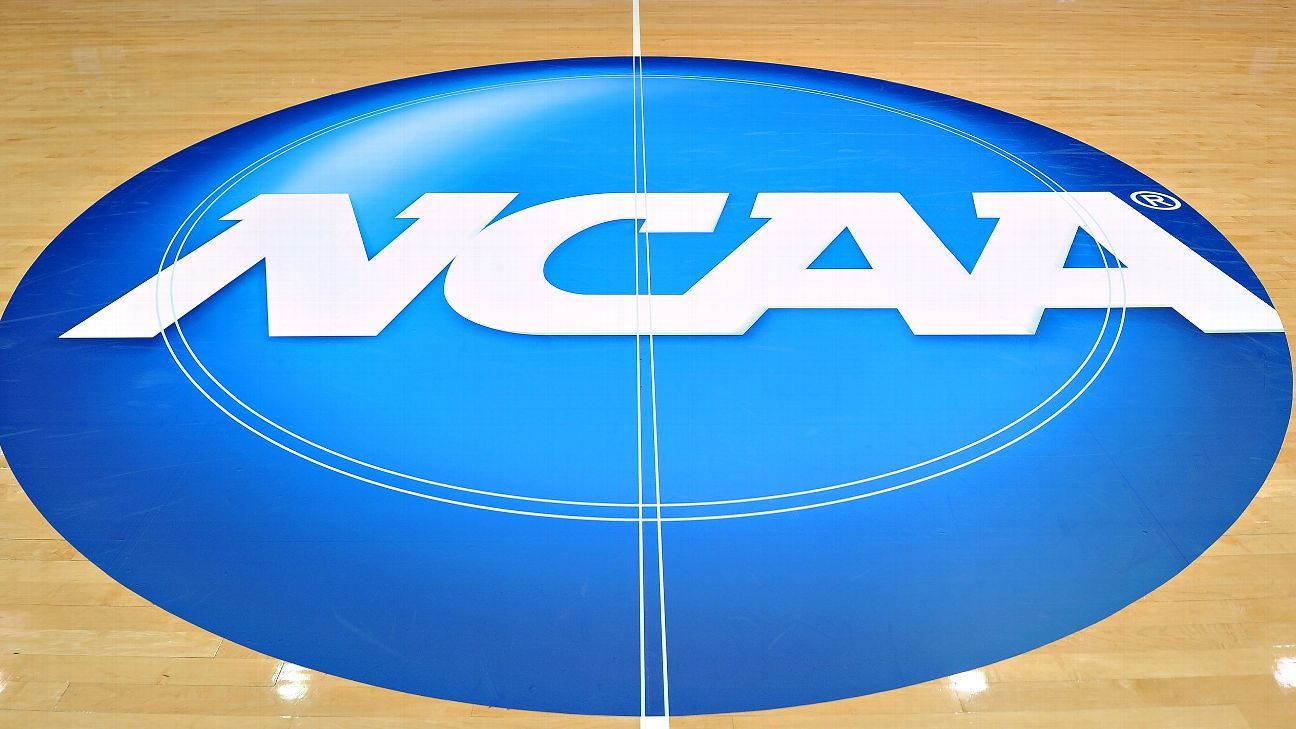The NCAA is changing the way it handles major infractions cases being adjudicated by the Independent Accountability Resolution Process (IARP) in an attempt to speed up what has been a protracted process so far.
Launched in August 2019, the IARP has yet to fully adjudicate a school case.
On Wednesday, the Division I Board of Directors approved immediate changes that will allow the IARP’s Complex Case Unit to accept the investigative work of the NCAA’s enforcement staff “unless the unit can demonstrate a compelling reason why additional investigation is required.”
The Independent Accountability Oversight Committee recommended the changes, according to an NCAA release.
“The oversight committee, which has expressed concerns about the delay in the resolution of cases referred to the independent process, determined that much of the delay is the result of efforts by the Complex Case Unit to ‘re-investigate’ cases that the enforcement staff thoroughly investigated,” an NCAA release said. “Accepting the enforcement staff’s results will speed the process significantly without compromising the goals of the Independent Accountability Resolution Process, committee members think.”
An infractions case involving former Memphis basketball star James Wiseman was the first case accepted by the IARP on March 4, 2020. Five other cases related to a federal investigation into bribes and other corruption in college basketball, involving NC State, Louisville, Kansas, LSU and Arizona, also were accepted by the IARP over the next year.
NC State is the only case related to the federal investigation that has a hearing scheduled before the Independent Resolution Panel (IRP), which will decide whether violations occurred and what penalties, if any, will be imposed. The IRP’s decision is final and there are no appeals.
The Division I Board of Directors also voted to allow case timelines to be developed and published for each IARP case to “provide transparency and improve credibility.”
SEC commissioner Greg Sankey is among those who have criticized the NCAA for not producing more timely results through the IARP. At SEC Media Days last month, he told reporters: “Those accused of violations deserve a fair and timely outcome, and those who compete against those accused of violations deserve that same fair and timely outcome.”
Cases involving Arizona, Kansas, Louisville and NC State had been thoroughly investigated by NCAA enforcement staff and resulted in detailed notices of allegations. That wasn’t the case with LSU, according to records released to ESPN by the university last week.
The case involving the LSU men’s basketball program includes “alleged violations [involving] at least 13 prospective student athletes and a projected 75 individuals who may have knowledge of, and/or involvement in, the alleged violations in this case,” according to a letter from external investigator Nicole Lamb-Hale and LSU compliance director Bo Bahnsen. They noted that enforcement staff had interviewed only 18 people before the case was referred to the IARP.
“The scope and scale of this investigation are broad and include allegations of significant infractions of NCAA bylaws many of which allegedly occurred in 2017 and 2018 and, as such, are based upon stale or incomplete facts that must be validated by CCU,” Lamb-Hale and Bahnsen wrote in the Dec. 18 letter.
According to the documents, the complex case unit was scheduled to complete its LSU investigation by July 31 and then issue a notice of allegations within 60 days.
